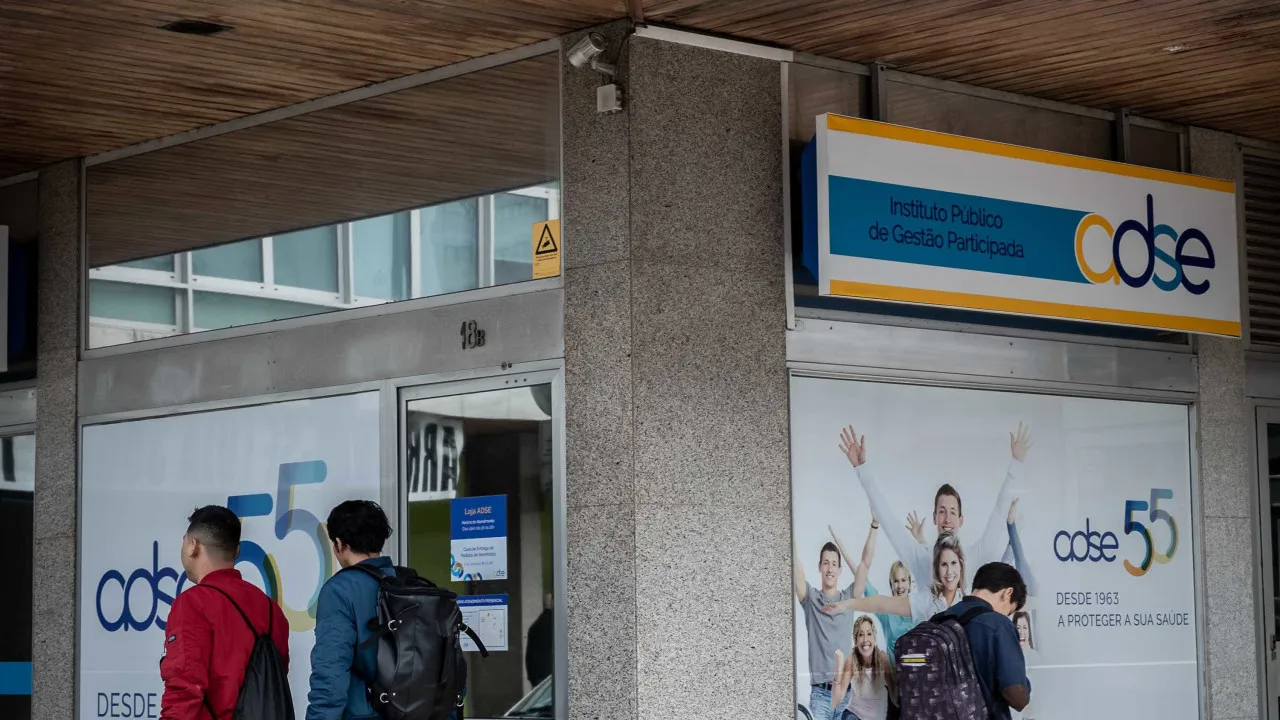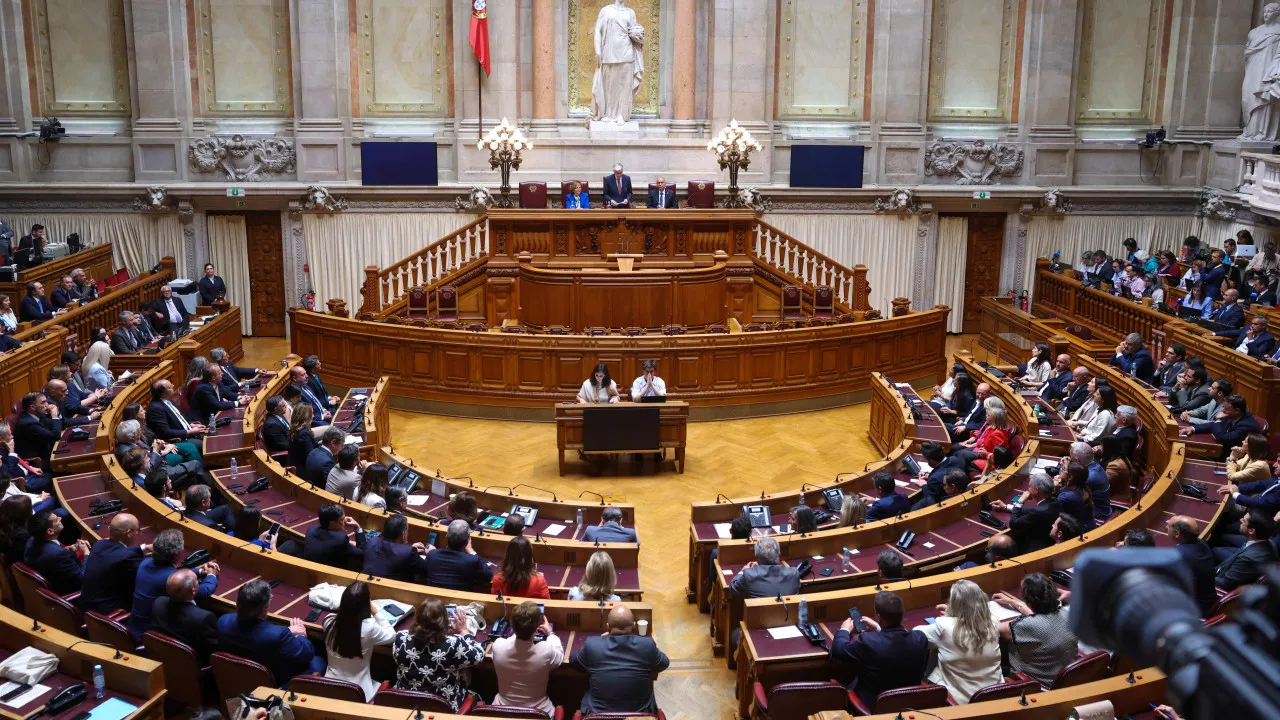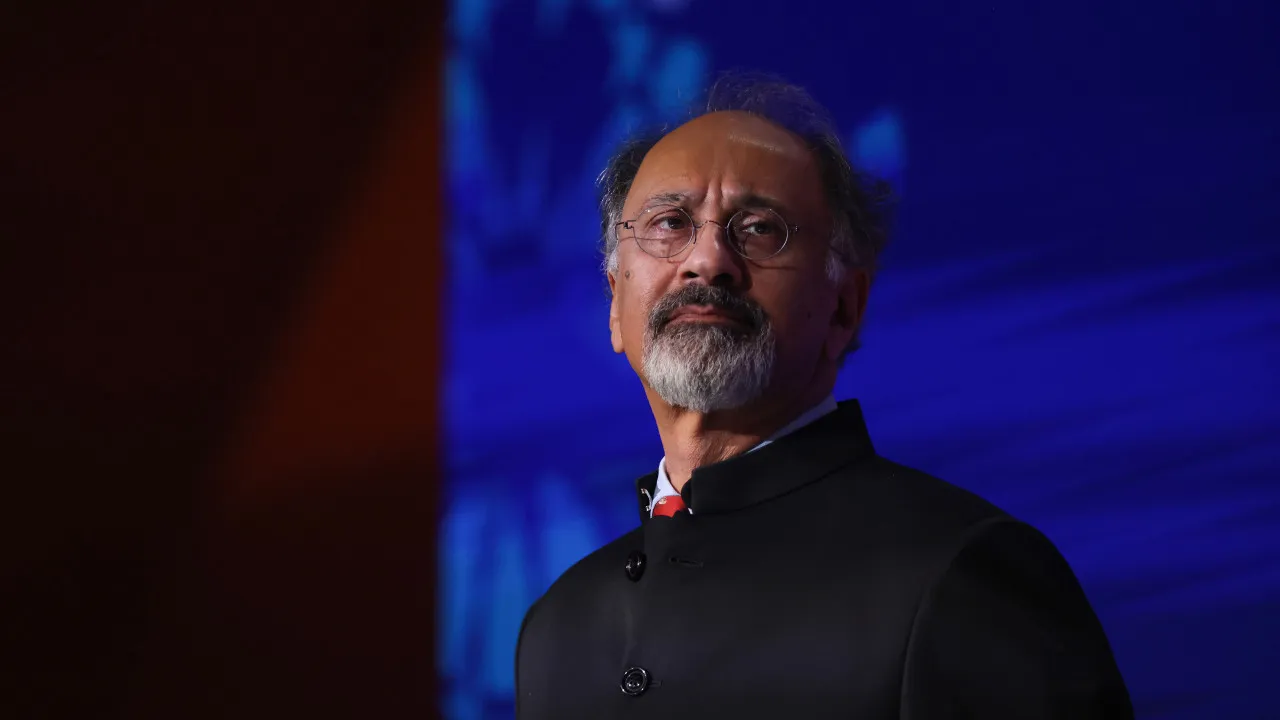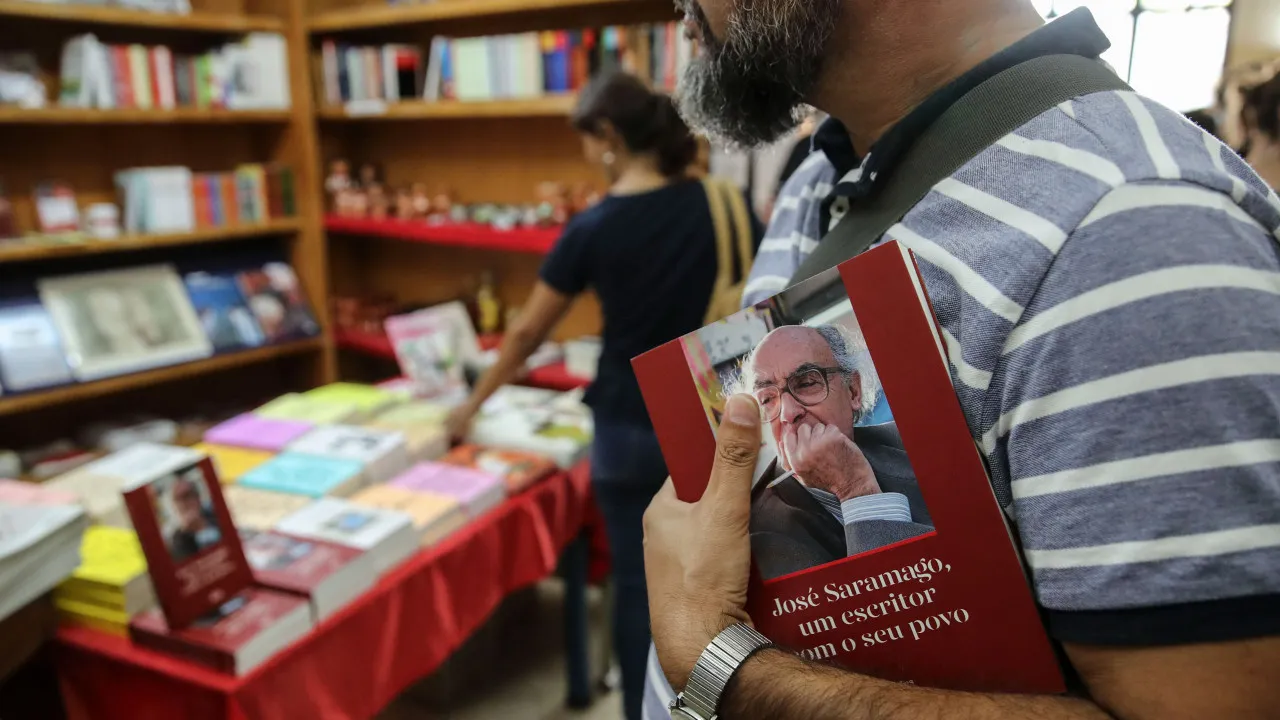
Proposed changes to the ADSE financing regime have been presented to the General and Supervisory Board (CGS), the ADSE Board of Directors, the trade union and retiree organizations represented on the CGS, elected beneficiaries, political parties represented in the Assembly of the Republic, and the government.
The national association of ADSE beneficiaries advocates that active and retired primary beneficiary contributions to this health system should equate to 2% of their base salary and retirement pensions, respectively.
In addition, they demand that remuneration and pension processing entities also apply a 2% rate on the salaries and retirement pensions of active and retired workers who are ADSE primary beneficiaries.
Moreover, these contributions should be payable monthly and should not apply to vacation and Christmas bonuses.
The 30th of July Association emphasizes that the Portuguese public administration, “within the scope of its social responsibility and following the best practices of the private sector,” should financially contribute to the ADSE health system, which is currently “almost exclusively funded by deductions from primary beneficiaries.”
“Unlike the situation before January 1, 2015, the employers of ADSE beneficiaries make no financial contribution to the ADSE health system, rendering the Portuguese public administration, the largest employer in Portugal, one of the few, if not the only, large employer that does not fund the health protection system of its employees,” they argue.
Regarding the reduction of beneficiary contributions to only 12 months annually, the association notes that it reflects “a widespread demand among beneficiaries and the spirit of the Assembly of the Republic’s Resolution No. 117/2025, dated April 1, which recommends that the government assess the impact and necessary conditions to reduce contributions for special disease assistance schemes to 12 months.”




